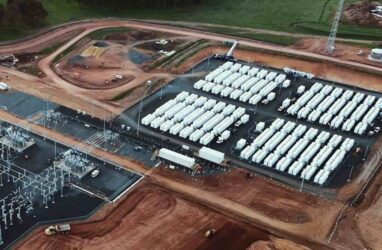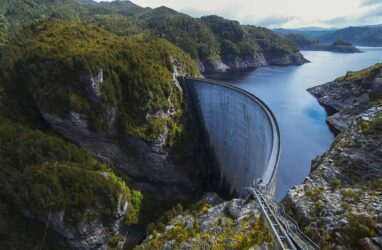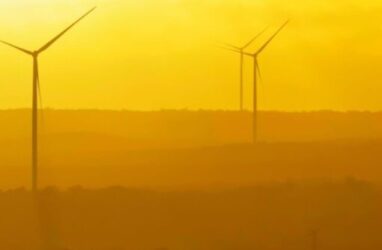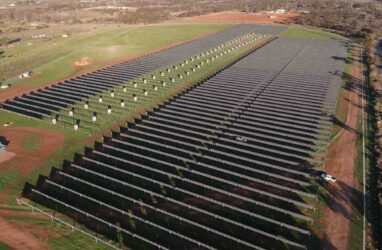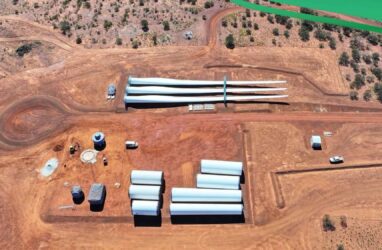Feed aggregator
Fully fenced dog parks alongside nature reserves could help protect wildlife
Ministers must reassure consumers feeding cattle Bovaer is safe, says Lady Sheehan
Government should point to evidence of FSA licensing of additive, says chair of environment and climate change committee
The government must urgently reassure consumers that feed additives given to cattle to reduce methane emissions are harmless, and a vital tool in tackling the climate crisis, the chair of an influential parliamentary committee has warned.
Lady Sheehan, chair of the environment and climate change committee of the House of Lords, called on ministers to step up as a row has blown up over the prospective use of the additive Bovaer in British dairy herds supplying Arla, the dairy company.
Continue reading...VicGrid opens expressions of interest to build grid connections for offshore wind farms
The post VicGrid opens expressions of interest to build grid connections for offshore wind farms appeared first on RenewEconomy.
Plunging cost of big batteries: Latest gigawatt scale project may set new price benchmark
The post Plunging cost of big batteries: Latest gigawatt scale project may set new price benchmark appeared first on RenewEconomy.
Hydro Tas chooses renewables veteran and its first female CEO to lead through “period of change”
The post Hydro Tas chooses renewables veteran and its first female CEO to lead through “period of change” appeared first on RenewEconomy.
“It makes my blood boil:” Bowen fumes as Dutton leads new attack on CSIRO integrity
The post “It makes my blood boil:” Bowen fumes as Dutton leads new attack on CSIRO integrity appeared first on RenewEconomy.
Brookfield-backed 450MW wind and big battery project gain first approvals under LNP government
The post Brookfield-backed 450MW wind and big battery project gain first approvals under LNP government appeared first on RenewEconomy.
South Australia delivers a “pigeon pair” of solar and battery milestones
The post South Australia delivers a “pigeon pair” of solar and battery milestones appeared first on RenewEconomy.
Buried Treasure: There is no Green Energy Transition without mining
The post Buried Treasure: There is no Green Energy Transition without mining appeared first on RenewEconomy.





